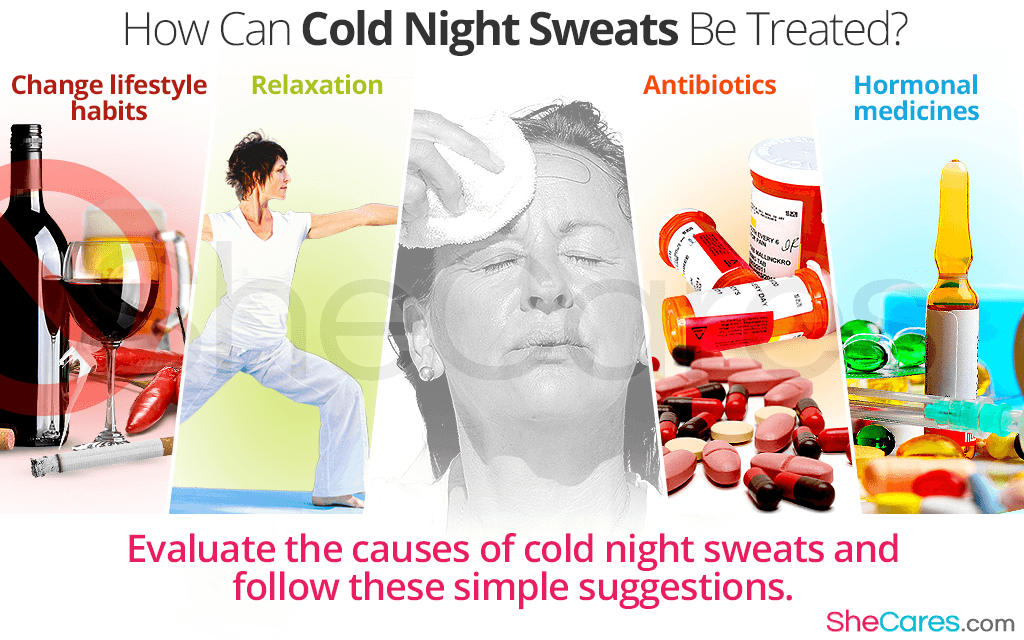Usually associated with fear and anxiety, cold sweats can actually have a number of different causes. They can be somewhat troubling, especially should they occur during the night and disturb your sleep. Cold sweats in bed are often unexpected which can lead to confusion and worry regarding what might be the reason. Read on to find out more about what causes cold sweats at night, and what you might be able to do to stop them.
What Are Cold Night Sweats?
As opposed to hot sweats, cold sweats occur when you feel chilly or even freezing. You might experience them in conjunction with shuddering and goose-bumps, indicating that the body is trying to warm itself up rather than cool itself down. It is possible for the sweat glands to be triggered into action even during this state, for multiple reasons. When cold sweats at night happen they are particularly alarming, because it can often be hard to recognize why they have arisen.
What Causes Cold Night Sweats?
Most of the time night cold sweats are not a sign of anything serious that warrants concern, but even so it is worth enhancing your knowledge about some of the most common causes of this condition. This will better enable you to understand your own situation, and then make an informed decision when it comes to possible treatments. The most frequently seen factors leading to cold sweats are:
Hormonal changes. Cold night sweats are often encountered by menopausal women. This is due to the impact of a lower level of estrogen in the body, which interacts with the internal thermometer and can trigger activation of the sweat glands.
Emotional distress. Possibly the most well-known cause of cold sweats is fear and anxiety. When experiencing these emotions they might reveal themselves in physical ways, and this can happen at night especially if you have troublesome dreams.
Illness. It is possible for viral, fungal, and bacterial infections to cause fever, which can lead to fluctuations in internal body temperature. With a fever you might face sweating whether you feel hot or cold, during the day and at night.
How Can Cold Night Sweats Be Treated?
When considering how your condition could best be treated, it is important to have thoroughly evaluated what the cause might be. While there are simple suggestions relating to lifestyle that might alleviate your problem, only by addressing the root cause will it be possible to end cold night sweats. Some helpful coping methods and solutions include:
Change lifestyle habits. There are certain day to day factors that can influence the frequency and severity of cold night sweats. Avoid cigarettes and alcohol, they can worsen the condition, as can spicy foods.
Relaxation. If your condition is a result of emotional distress, you might benefit from taking more time to relax, either alone or with loved ones, or possibly from taking tai chi or meditation classes to relive your feelings.
Antibiotics. Cold sweats that occur because of an infection will only stop when the illness has been cured. Antibiotics will likely be required in order to procure this - your doctor will prescribe these as necessary.
Hormonal medicines. Whether natural or prescribed, medications that influence the balance of reproductive hormones can be helpful for the relief of menopausal symptoms such as cold night sweats.
Suffering with regular cold night sweats is undoubtedly difficult, particularly if they cause you to wake up in the night. It should be somewhat reassuring to know that there are a number of different treatments that ease. Find out natural remedies for night sweats.
